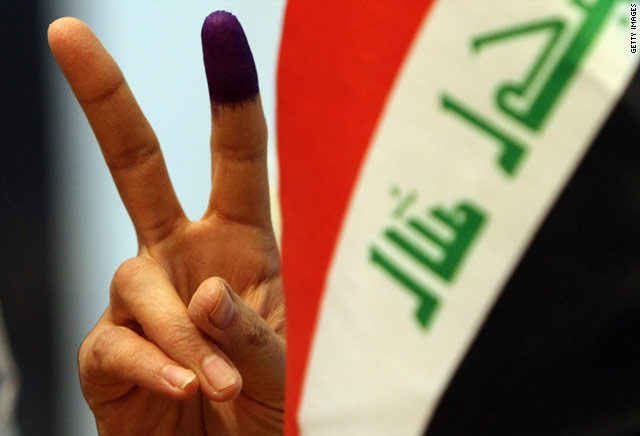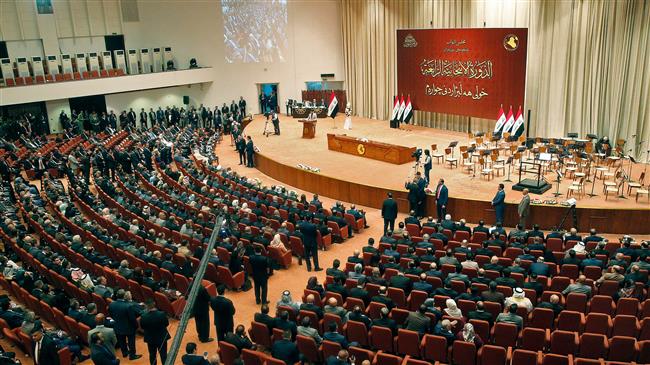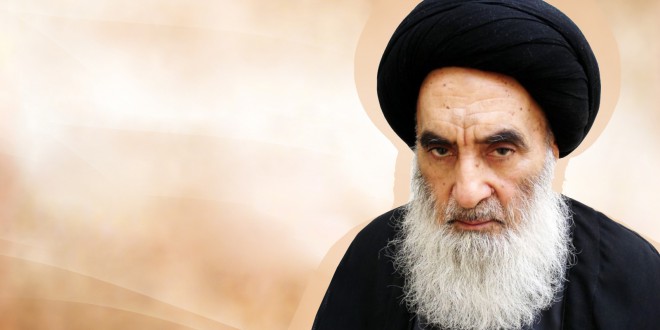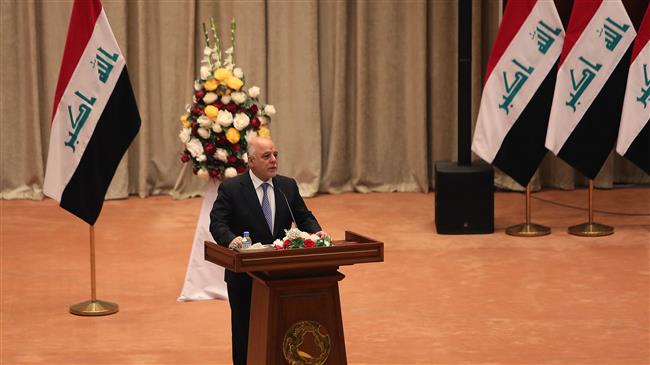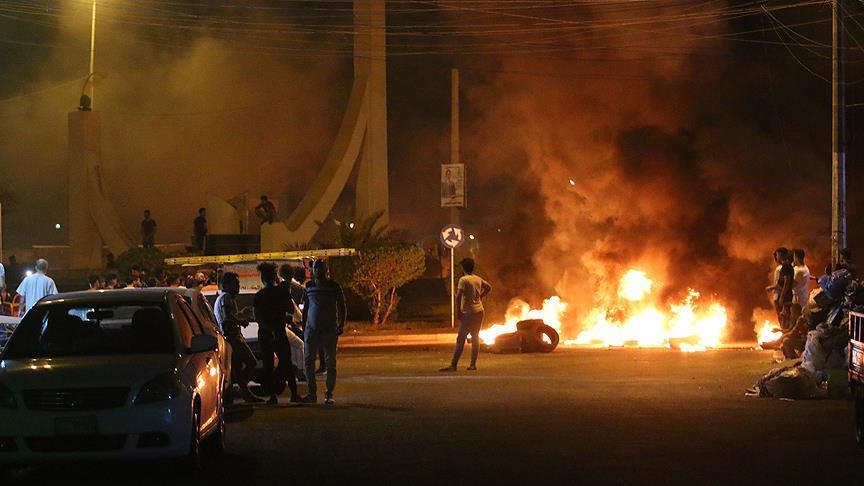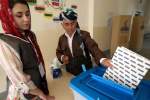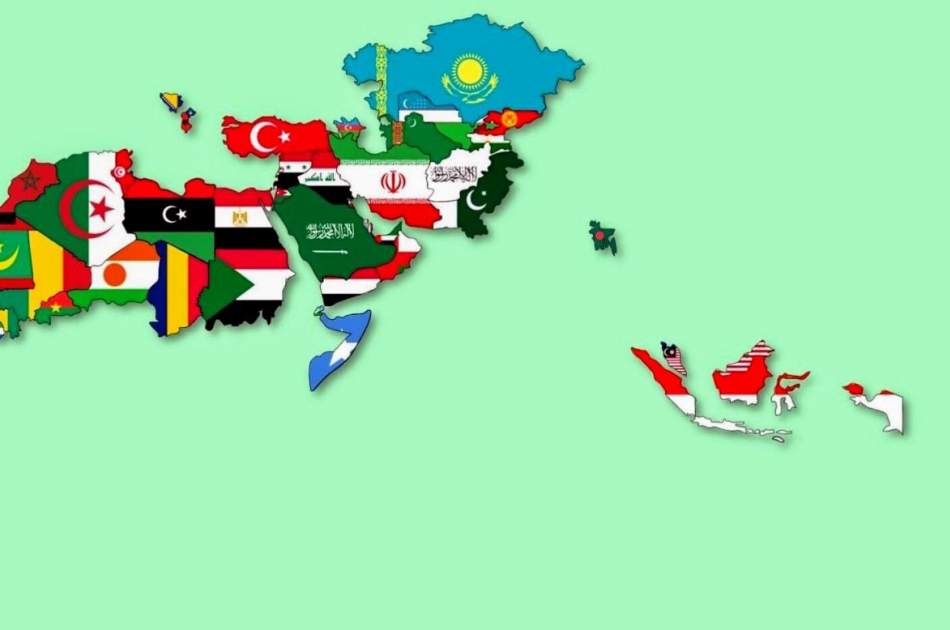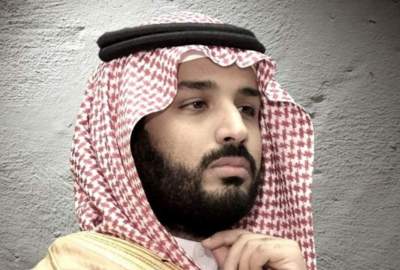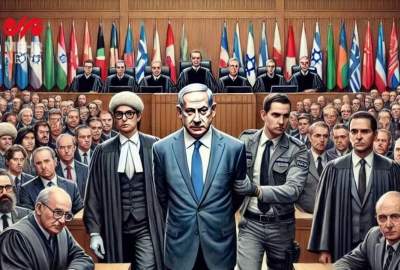Prime Minister Haider al-Abadi’s list appears to be leading in Iraq’s parliamentary election, followed by influential Shi’ite cleric Moqtada al-Sadr’s alliance, an election commission source and a security official told media on Sunday.
Publish dateSunday 13 May 2018 - 18:09
Story Code : 163568
AVA- The sources cited unofficial initial results.
Iraqis voted on Saturday in the first election since the defeat of ISIS Takfiri militants inside the country. Final results are expected on Monday.
Turnout was 44.52 percent with 92 percent of votes counted, the Independent High Electoral Commission said — significantly lower than in previous elections. Results are due to be officially announced on Monday.
Abadi, who came to power four years ago after ISIS seized a third of Iraqi territory, received U.S. military support for Iraq’s army to defeat the Sunni Muslim militant group even as he gave free rein to Iran to back Shi’ite militias fighting on the same side.
If parliament chooses him as prime minister, Abadi will remain under pressure to maintain that balancing act amid tensions between Washington and Tehran over the nuclear accord.
Abadi, a British-educated engineer, was seen by some Iraqis as lacking charisma and ineffective. He had no powerful political machine of his own when he took office.
But the defeat of ISIS and Abadi’s campaign to eradicate Iraq’s rampant corruption improved his standing.
Even if Abadi’s Victory Alliance wins the most seats, he still must negotiate a coalition government, which must be formed within 90 days of the election.
Amiri’s Badr organisation played a key role in the battle against ISIS. But some Iraqis resent his close ties to Tehran. The dissident-turned-militia leader spent more than two decades fighting Saddam Hussein from exile in Iran.
After Sadr, his list is expected to come in third place, according to the election commission source and security official.
Source : خبرگزاری Afghan Voice Agency(AVA)
avapress.net/vdciqpazvt1aqw2.ilct.html
Tags
Top hits
